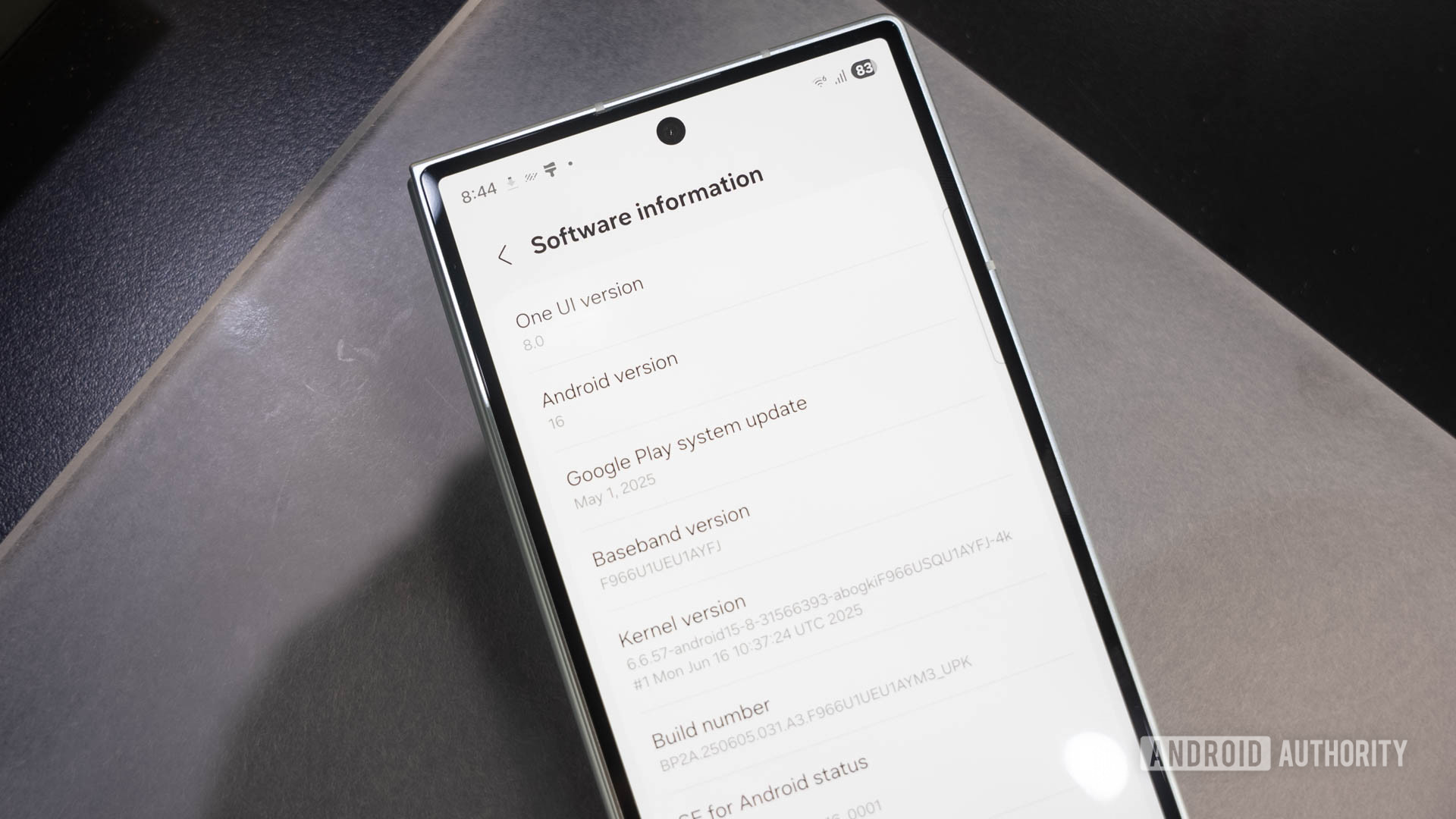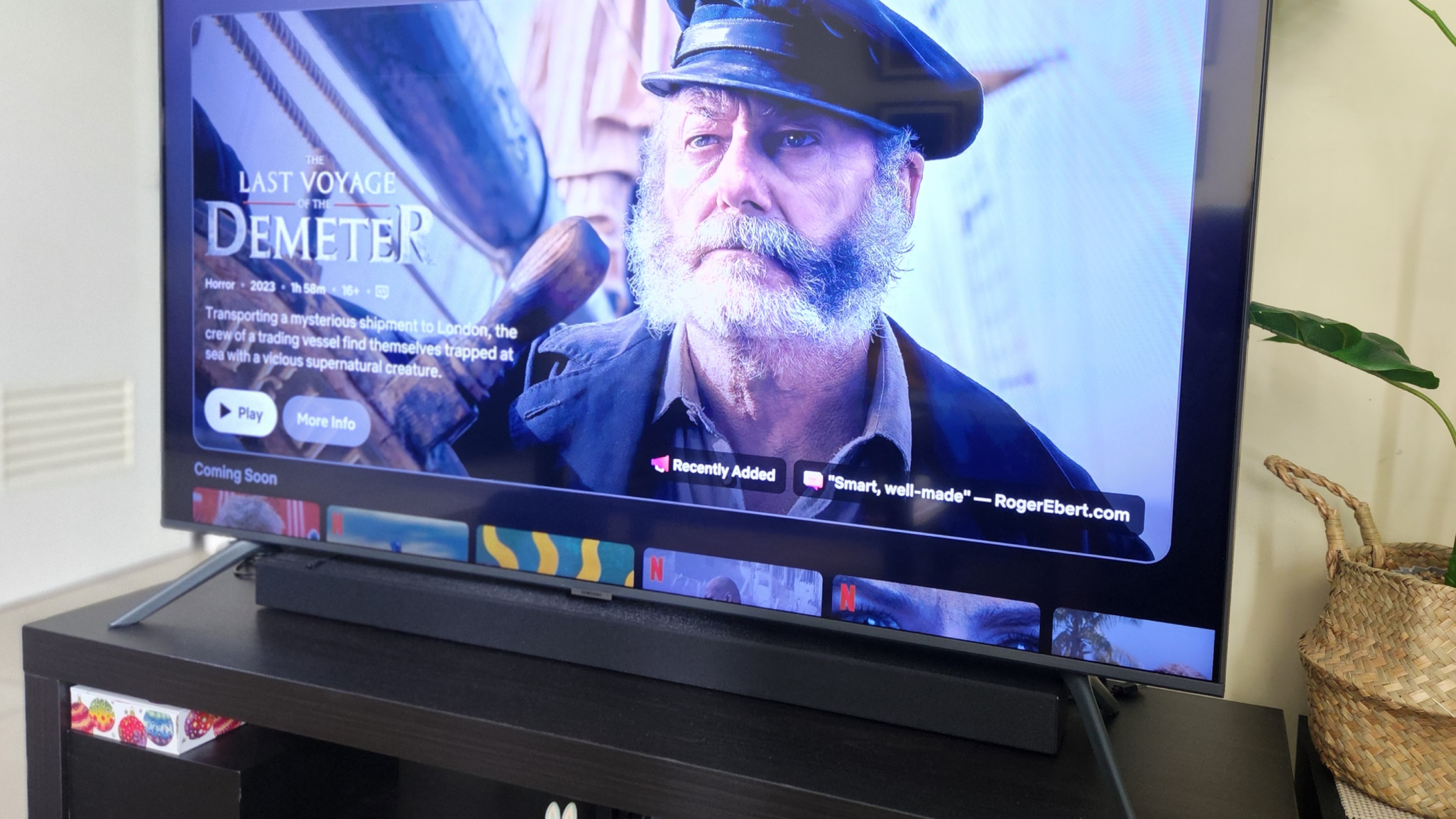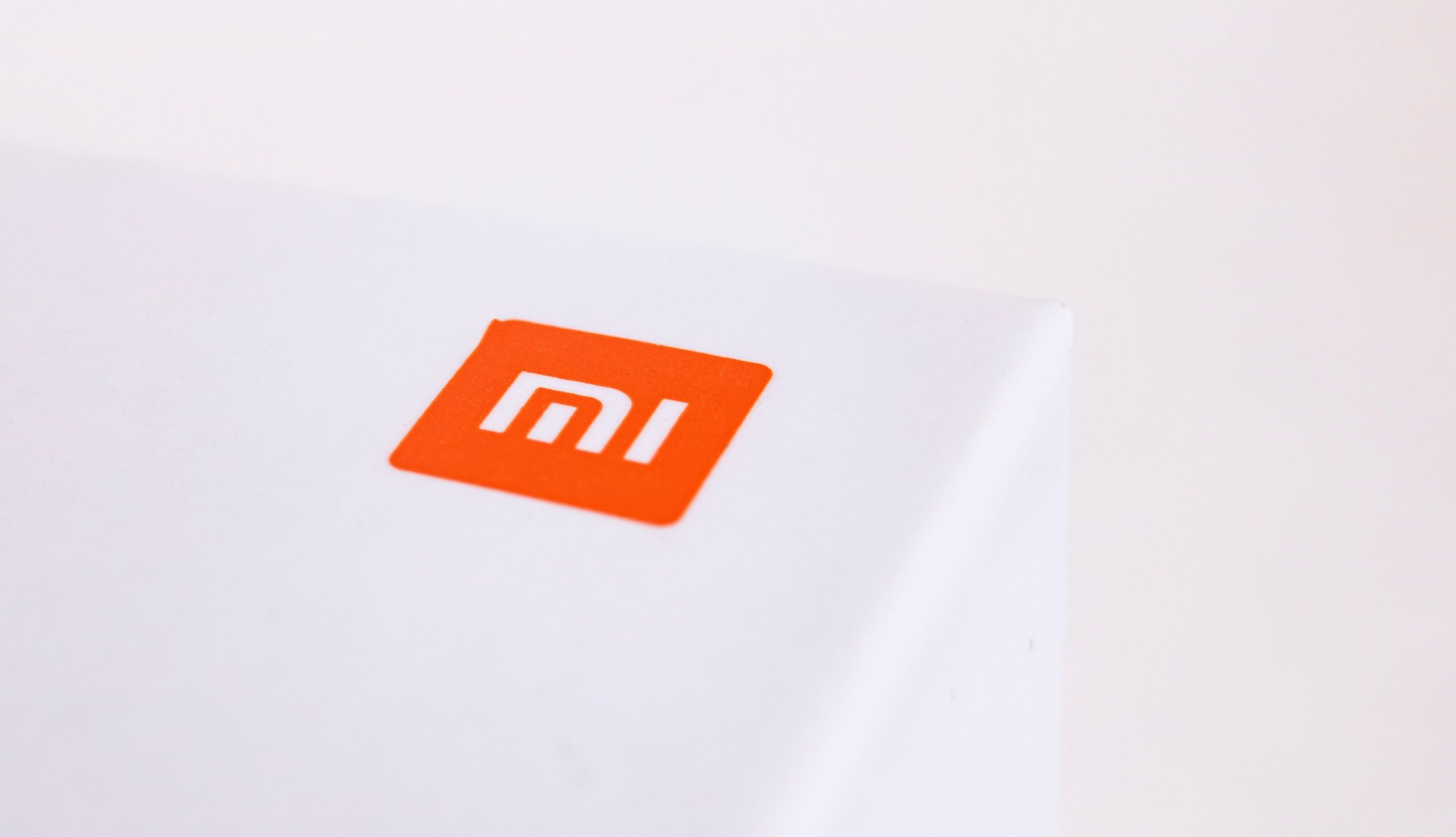Mary Jesse couldn’t sleep. Grieving after her husband’s unexpected death from late-stage cancer, the longtime Seattle business and engineering leader typed three words into ChatGPT: “I am sad.”
The AI’s surprisingly compassionate response helped her through that difficult moment, and others that followed, validating her experience and reassuring her that she could get through it.
“It was just really simple,” she recalled. “But it was so helpful.”
It also revealed the popular chatbot’s limitations. Jesse found that ChatGPT couldn’t easily resurface the context of their past conversations. She worried about the privacy implications, as well.
Jesse said she wouldn’t normally share such a personal story publicly, but the experience was the basis for what would become her next venture.
She and two other tech industry veterans, Alan Caplan and Bob Bergstrom, this week unveiled their new Seattle-based startup, called ACME Brains, which is building what they call a “personal context engine.” They say the patent-pending AI system will remember key details over time, and give users control over their data.
The first product to use the system, currently under development by the startup, is called nexie. It’s a personal AI assistant designed to seamlessly resurface information from past conversations, without requiring users to manually search through threads or craft elaborate prompts to maintain continuity over time.
Nexie is currently in early development with a working prototype. The company plans to start alpha testing soon, followed by a beta program focused on gathering user feedback prior to a future public launch.
The three co-founders bring a broad range of experience to the startup.
Jesse, CEO, began her career in the wireless industry, in engineering and leadership roles at McCaw Cellular and AT&T Wireless before co-founding the mobile infrastructure company RadioFrame Networks. She has led and advised early-stage startups and was CEO of MTI, a global provider of smart locks and security systems.

Bergstrom, chief scientist, has worked as both a software engineer and patent attorney for more than four decades. Earlier in his career, he conducted scientific research in x-ray crystallography, and he has since focused on intellectual property strategy and software development.
Caplan, COO, was Amazon’s first general counsel, starting in its early days after working with Jesse at McCaw Cellular. He led several business units at Amazon, including Kitchen, Payments, and Corporate Development, and went on to hold senior leadership roles at Blue Origin and Vulcan.

Jesse envisions nexie as everything from a digital journal to a travel companion or even a lightweight system for tracking personal contacts and relationships, depending on a user’s needs.
The subscription-based service will be available in free and premium versions. It won’t rely on advertising or data monetization, a deliberate departure from many consumer tech platforms.
While companies like OpenAI, Anthropic, and Google are all investing heavily in AI memory features, Jesse said ACME Brains is taking a different approach. Rather than embedding memory within a large language model, its architecture keeps the user’s data separate and under their control — seeking to be more efficient and secure.
Jesse sees nexie not as a competitor to the big AI platforms and existing LLMs, but as a tool that can enhance them — making their output more useful and meaningful for personal use.
Over time, she believes the underlying system ACME Brains is developing could serve as a kind of “personal credential,” carrying private, user-controlled data and context across AI apps and platforms.
The Seattle-based startup has been bootstrapped by its founders so far, with about 11 people working across technology development, marketing, and operations, primarily in a virtual capacity.
Jesse said ACME Brains expects a public launch of nexie by late 2025 or early 2026, with sign-ups for future beta testing now available at mynexie.com.










